This continues a series I began years ago, long before Treehouse Writers came together, about my family’s trips to work on a house we call Casarboles. Treehouse. It’s in Ponce, Puerto Rico. It will all be explained; just dive in. My entries here lag a bit behind in time, so when I say “today,” understand I mean “very recently.” Here goes…
Today I dropped my daughter Jayce off at the San Juan airport to fly back home to Boston after ten days of sweat and toil in the Puerto Rican sun. Okay, I exaggerate. She wasn’t actually out in the sun most of the time. But she did work hard!
But I’m getting ahead of myself. If you’re new to the Ponce Chronicles, Ponce is the second-largest city in Puerto Rico, where my wife Allysen’s parents built a home back in the 1970s. Sadly, her parents are no longer with us, so the home now belongs to Allysen and her brother. It’s a beautiful place, and popular among weekend vacation renters. It’s also a place that requires constant, intensive upkeep—which we’re not here most of the time to provide. So, usually, once a year, we come down to work on needed repairs. Sometimes much needed repairs, such as after Hurricane Maria and last year’s earthquakes. And this time, the pandemic. Not that Covid attacked the house. But it kept us away for longer than usual, allowing things to slide. (Unfortunately, we have been unable to find a caretaker who can both see to the needs of guests and perform the necessary level of ongoing maintenance. We really need a couple of people. If you know anyone in Ponce…)
Allysen and daughter Jayce came down ten days ago to get started, while I stayed home with the dogs. Earlier this week, I came down to relieve Jayce and—with a few days’ overlap—send her back to take care of the dogs.
So much work needed! My first day I was officially resting in honor of Father’s Day, so all I did was fix the dryer vent and refrigerator freezer-compartment drawers, which someone had removed for God-knows-what reason. After that, I fell apart in the heat and was essentially useless for a day, until I got back into the swing of things and renewed my old friendship with Ponce Home Depot. I shudder to think how much money we pump into the Ponce economy via Home Depot!
I’ll get to the repairs in another installment. Last night we took Jayce out to celebrate her time here, and we drove along the southern coast, ending at a restaurant that had been recommended to us, name of Lordemar, in the town of Patilla. The view was spectacular! We watched the Strawberry Moon/Supermoon rise from the ocean. The restaurant was… interesting. Could have been really charming, if they’d upped the service and ambiance just a little. Menu-wise, they were 86 on my first two choices, so I settled on filet mignon, though I’m not a big steak eater. It was quite tasty! It was served with lovely silver cutlery! Huh. I’m kidding, of course. It was served with really bendy plastic utensils that were nearly incapable of cutting meat. The rest of the meal was sort of like that. The tostones were excellent. The wine was swill. The beer was Medalla, which is basically the local Bud Light.
But the view! The sea and the Strawberry Moon and the pelicans and the little black birds that chased each other territorially across the lawn! Priceless.

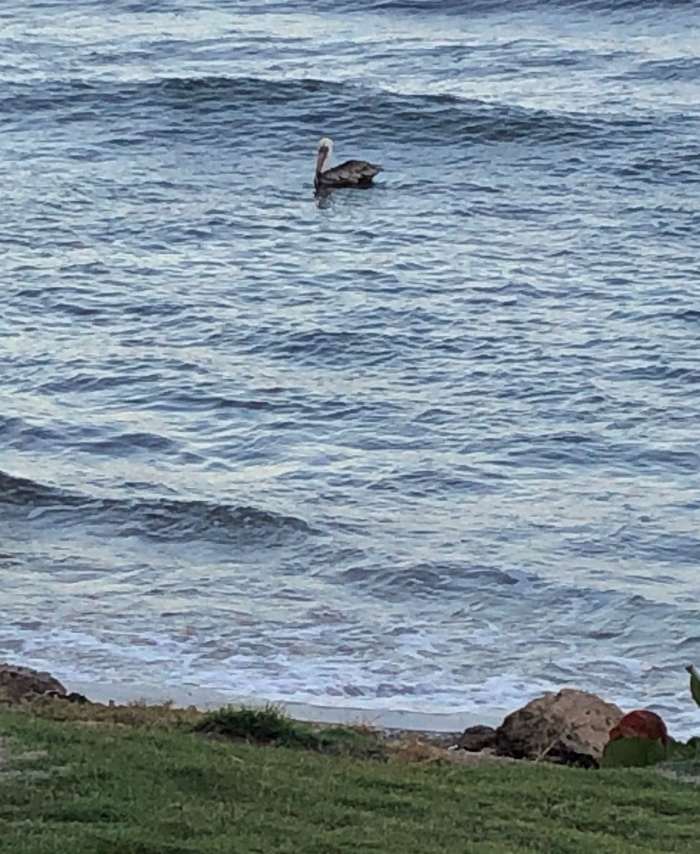
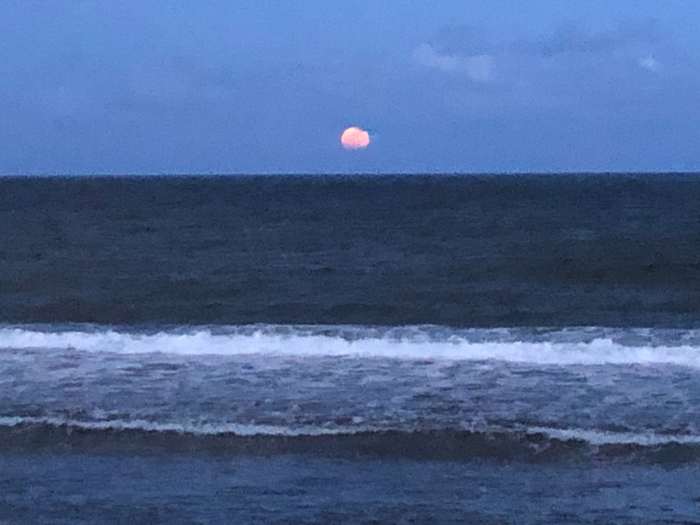
Sorry, I guess we didn’t get a picture of the little birds. But you can picture it in your mind’s eye, right?

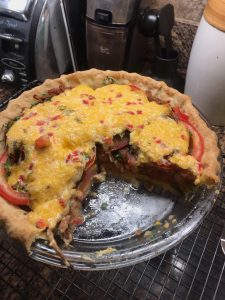 I made tomato pie yesterday–inspired by a post on Facebook’s “Not the NY Times Cooking Community” page. I had never heard of such a thing before, but I not only liked it a lot, but I have ideas on how to improve the recipe, which means that it will happen again. The idea is simple: make a pie shell. Put down a (fairly well-packed) layer of ripe tomatoes, followed by about a layer of caramelized onion, a scattering of crisp bacon bits, a quarter cup of chopped fresh herbs… then do it all over again. Then you top the whole thing with a mixture of shredded cheese, mayonnaise, and pimentos, and bake.
I made tomato pie yesterday–inspired by a post on Facebook’s “Not the NY Times Cooking Community” page. I had never heard of such a thing before, but I not only liked it a lot, but I have ideas on how to improve the recipe, which means that it will happen again. The idea is simple: make a pie shell. Put down a (fairly well-packed) layer of ripe tomatoes, followed by about a layer of caramelized onion, a scattering of crisp bacon bits, a quarter cup of chopped fresh herbs… then do it all over again. Then you top the whole thing with a mixture of shredded cheese, mayonnaise, and pimentos, and bake.

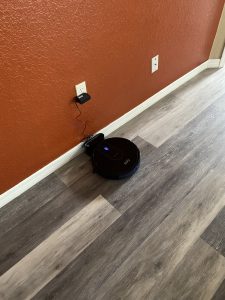

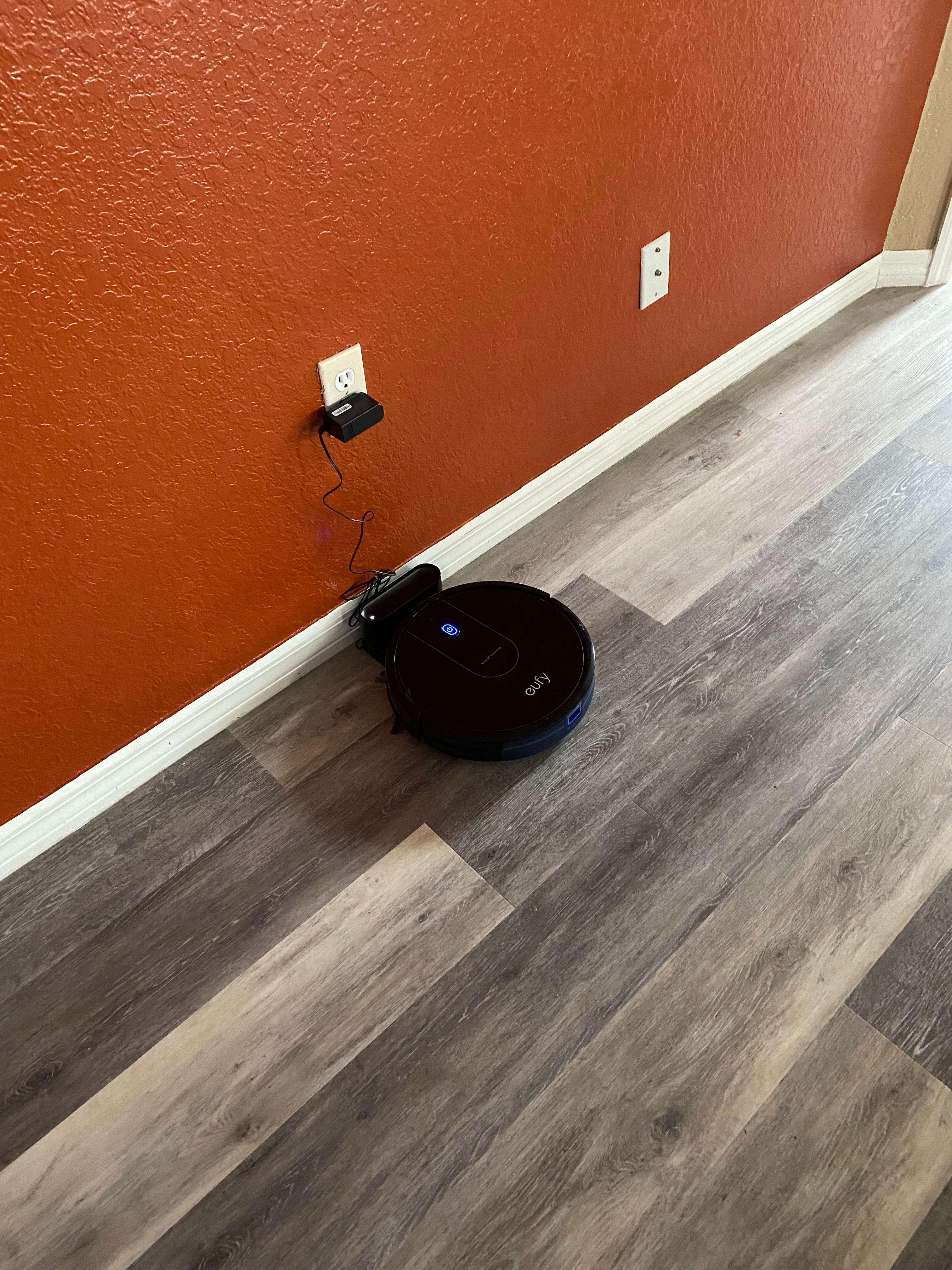
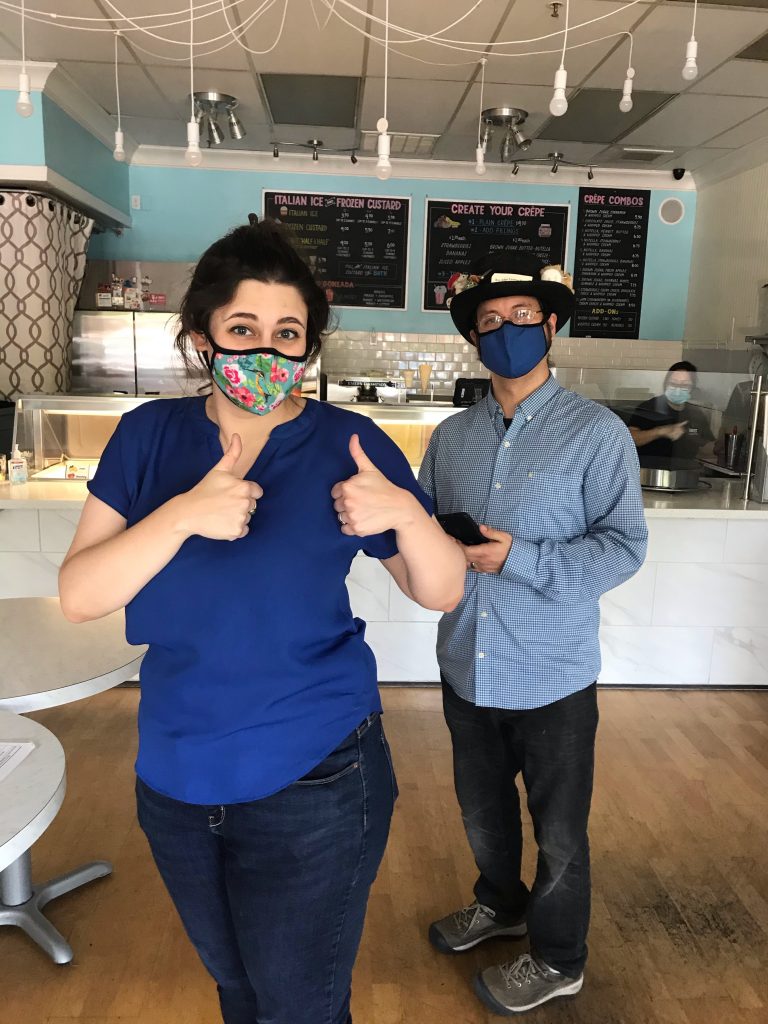

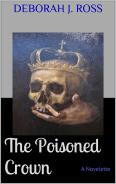
 Crossing genres is hot business these days: science fiction mysteries, paranormal romance, romantic thrillers, Jane Austen with horror, steampunk love stories, you name it. A certain amount of this mixing-and-matching is marketing. Publishers are always looking for something that is both new and “just like the last bestseller.” An easy way to do this is to take standard elements from successful genres and combine them.
Crossing genres is hot business these days: science fiction mysteries, paranormal romance, romantic thrillers, Jane Austen with horror, steampunk love stories, you name it. A certain amount of this mixing-and-matching is marketing. Publishers are always looking for something that is both new and “just like the last bestseller.” An easy way to do this is to take standard elements from successful genres and combine them.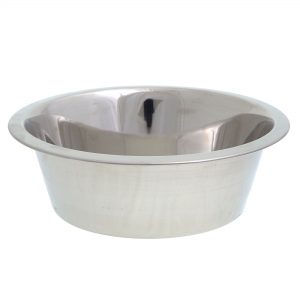 One of the preoccupations of our household for the last few months has been what to feed the Elder Statesdog.
One of the preoccupations of our household for the last few months has been what to feed the Elder Statesdog.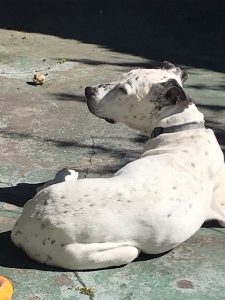 So the feeding frenzy has been ours, not hers. She may not be skin-and-bones these days, but she’s very skinny. So we’ve gone back and forth between the old food, the new food, rice and chicken, egg-and-hamburger, and some days, a steady diet of treats, just so she has some calories in her. She thinks the all-treats-all-the-time diet is just swell (she particularly likes the supermarket brands–the fancier desiccated liver or reindeer shreds from the pet store are okay, but she’s a Milkbone/Beggin’ Strips girl at base). So she’s getting them. And getting spoiled, and why not? She’s a 105-year-old Moldavian Leaping Dog.
So the feeding frenzy has been ours, not hers. She may not be skin-and-bones these days, but she’s very skinny. So we’ve gone back and forth between the old food, the new food, rice and chicken, egg-and-hamburger, and some days, a steady diet of treats, just so she has some calories in her. She thinks the all-treats-all-the-time diet is just swell (she particularly likes the supermarket brands–the fancier desiccated liver or reindeer shreds from the pet store are okay, but she’s a Milkbone/Beggin’ Strips girl at base). So she’s getting them. And getting spoiled, and why not? She’s a 105-year-old Moldavian Leaping Dog.